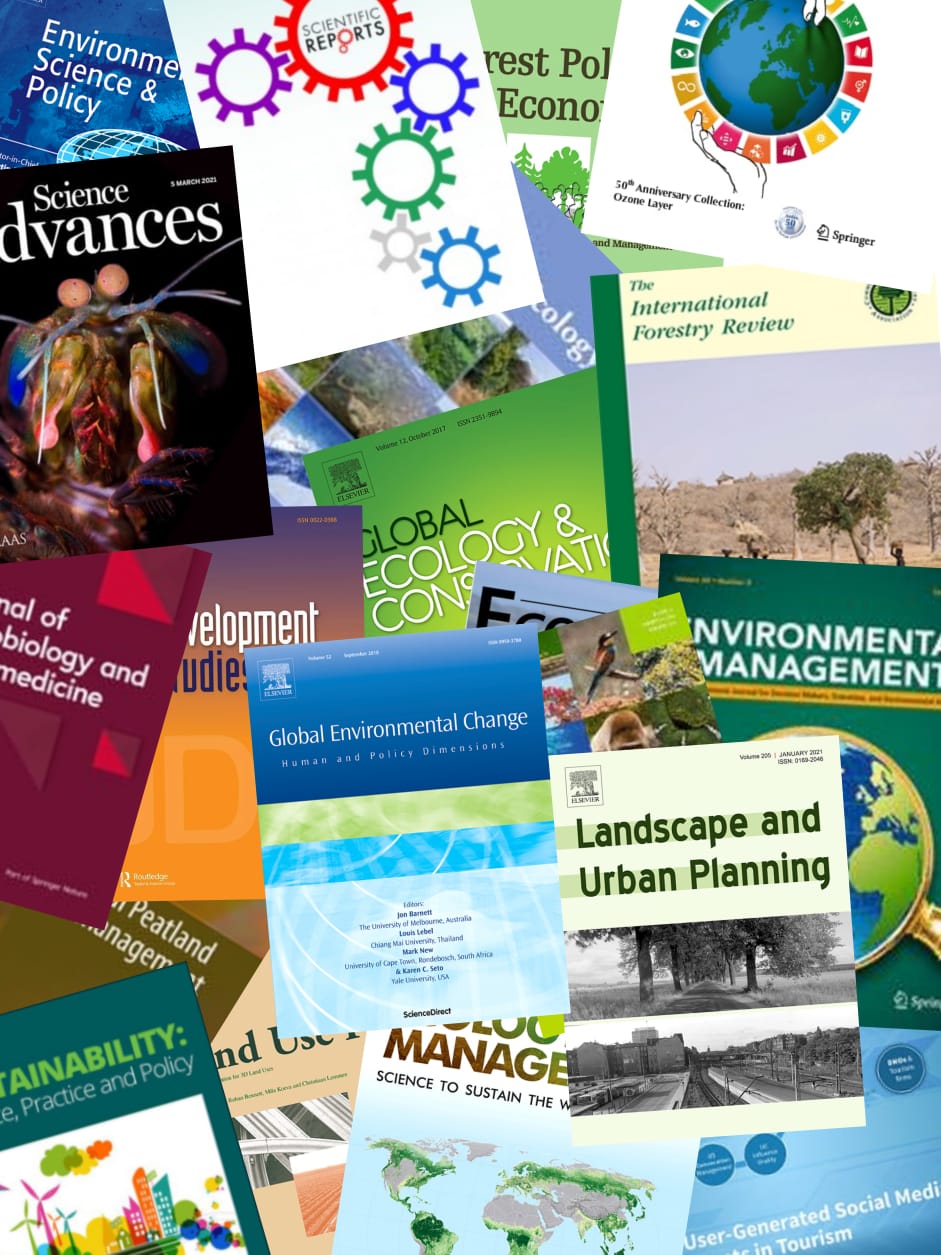The paper investigates impacts of assigning greater property rights in common-pool natural resources to local communities on environmental outcomes. Based on the forest-level dataset constructed by the GIS technique, the paper utilises the variation in forest property-rights sharing between the communities and the state, across 1197 reserve forests in Thailand from 2000 to 2017. It finds that under the instrumental variables strategy, forests with more extensive community forestry are significantly more likely to have proportionately greater area of forest cover and lesser fire incidence and intensity. Although the impact extends to the reduction of fires in the neighbouring agricultural area, it exacerbates fires experienced by the nearby open and non-excludable national parks. Measured at the station level, it is not suggestive that the community forestry's contributions to environmental outcomes have extended to the reduction of air pollution at the macro-level, as proxied by hazardous level of PM 10 . © 2019 Elsevier B.V.
View source

